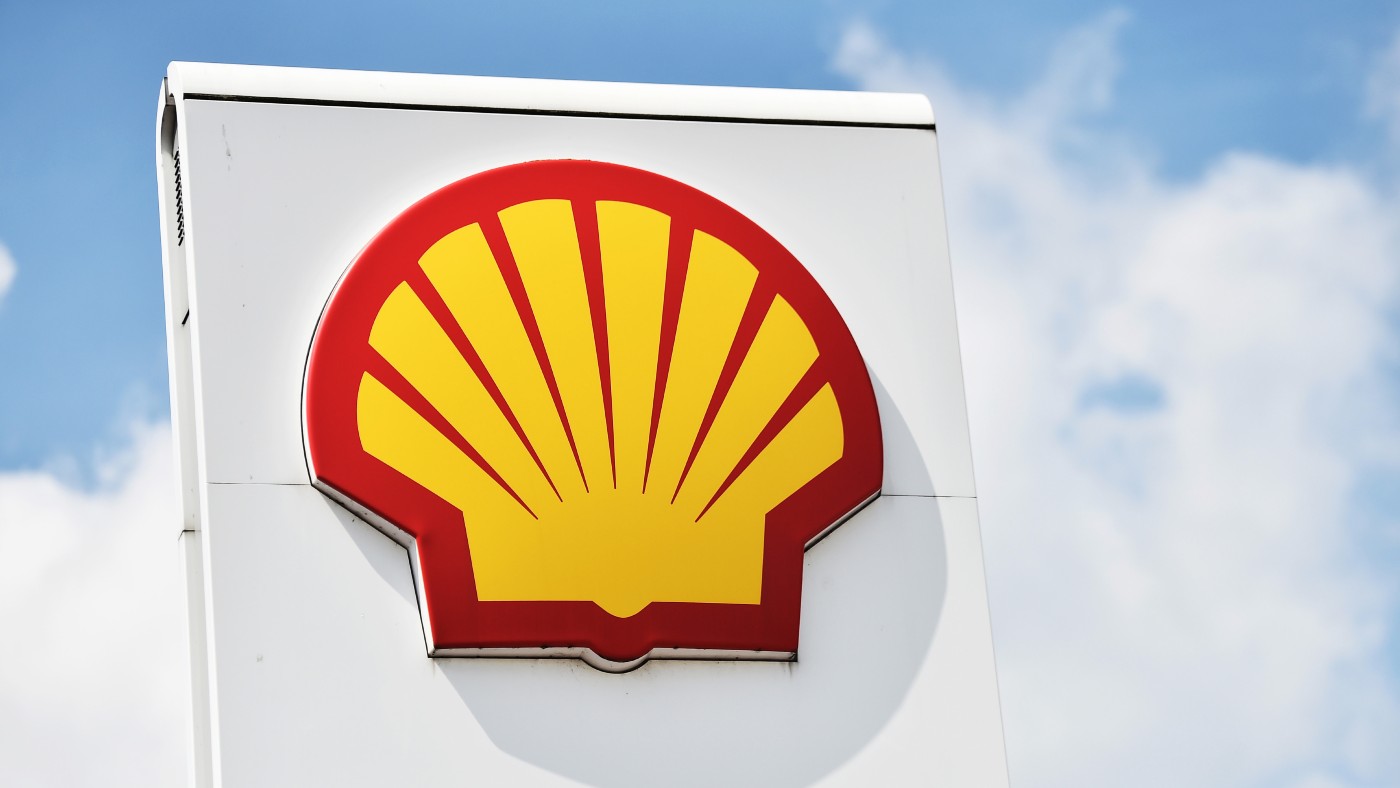Business and energy: firms feel the pain of surging prices
Is a windfall tax really the answer to the acute pain of energy costs?

A free daily email with the biggest news stories of the day – and the best features from TheWeek.com
You are now subscribed
Your newsletter sign-up was successful
Ovo Energy has got in early as a contender for “PR fail of the year”, said Ben Wright on Telegraph.co.uk. Its handy list of tips for householders facing a big jump in their energy bills includes: eating porridge, buying woolly socks, and finding “extra heat” by keeping the “oven door open after you’ve finished cooking”.
The situation for many households is likely to be acute when the energy price cap rises in April. But businesses – to which the cap has never applied – are already feeling the pain of surging prices, said the FT. “Energy-intensive industries”, such as ceramics and steel, have been warning for months of “potential shutdowns if ministers do not intervene”. Now the UK’s 5.5 million small businesses are sounding the alarm. Having survived the pandemic, some are being pushed to the brink by a “fivefold” increase in tariffs as old contracts expire and suppliers go bust.
The contrast in fortunes between the winners and losers of this crisis couldn’t be more stark, said Francesca Washtell in the Daily Mail. Shell last week reclaimed its position as the “biggest company on the FTSE 100” on the back of surging oil and gas prices. This is not, of course, a development that will be popular with environmental campaigners, politicians or the wider public.
The Week
Escape your echo chamber. Get the facts behind the news, plus analysis from multiple perspectives.

Sign up for The Week's Free Newsletters
From our morning news briefing to a weekly Good News Newsletter, get the best of The Week delivered directly to your inbox.
From our morning news briefing to a weekly Good News Newsletter, get the best of The Week delivered directly to your inbox.
It certainly isn’t, said Alistair Osborne in The Times. “Anyone would think Shell wants a windfall tax”, judging by the tin-ear of CEO Ben van Beurden, who popped up with the news that the group’s “integrated gas” division has enjoyed a quarter of “significantly higher” earnings, while confirming plans to return $5.5bn to investors. No wonder Lib Dem leader Ed Davey is calling for a “Robin Hood” levy on the “superprofits of oil and gas firms”.
As energy secretary in David Cameron’s coalition government, “Ed Davey helped lay the ground for the disaster zone that UK energy policy has become”, said Jeremy Warner in The Sunday Telegraph. Now he seems “determined to foul things up even more”. The most obvious problem is “who and what” the tax would target. The bulk of Britain’s gas is imported, which essentially “limits the field” to North Sea producers and UK-domiciled companies like Shell and BP. The effect of taxing the North Sea more would be to “deter investment” in an already declining asset – making us “even more dependent” on imports from Russia and the Middle East”.
As for whacking Shell and BP, hasn’t Davey noticed they’ve already embraced green energy, but need to fund the transition “from the abundant returns of hydrocarbon runoff”? Calling for “big oil” to be hammered is an easy rallying cry, but it will do nothing to help either fuel poverty or the planet.
A free daily email with the biggest news stories of the day – and the best features from TheWeek.com